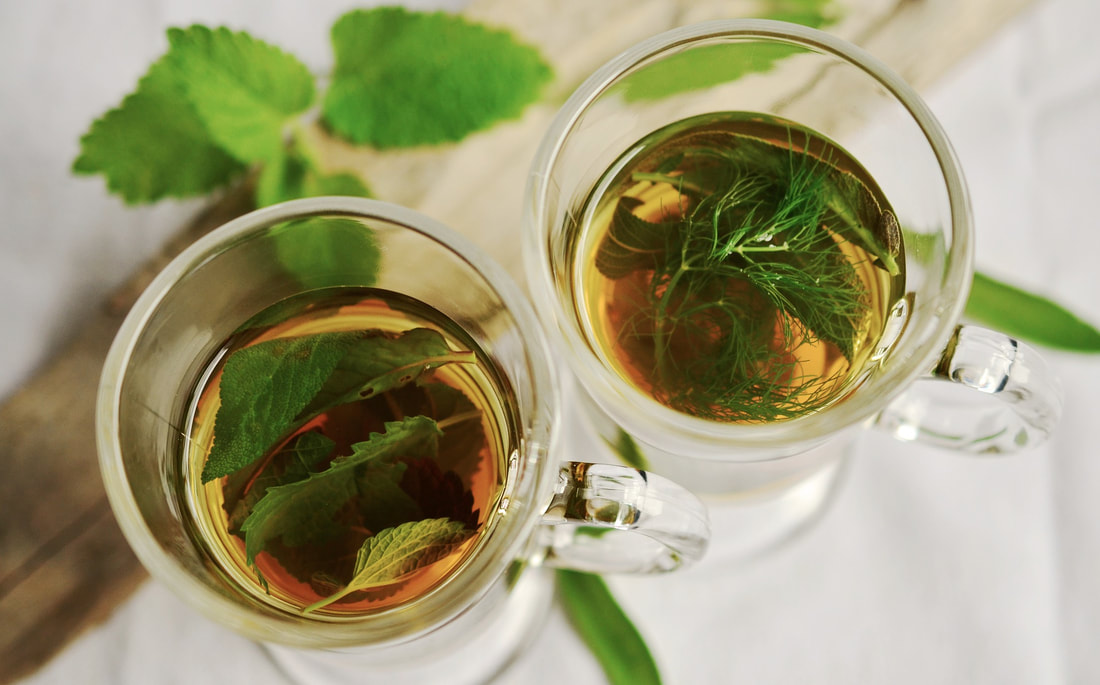|
What is really happening when the sponsorship of events is by pump companies or formula companies/pharmaceutical companies. I want to be *explicitly clear* that this is NOT about individuals. This is not about the idea or execution of such events. This is not about women supporting or not supporting women. This is not about businesses who chose to plan events. This is not about businesses who participate in events. This is fully about the sponsorship by the companies covered by the WHO Code. (and I promise you they all know about the WHO Code and how that impacts their relationships). So, what is the WHO Code?The WHO Code is the common wording used to refer to the International Code of Marketing of Breastmilk Substitutes. The Code was adopted by World Health Assembly and UNICEF in 1981. Since that time, a number changes have been made with the Code. The purpose of the Code is to protect breastfeeding, to protect all mothers and babies, regardless of their desired feeding methods, and to prevent aggressive marketing practices that often interfere with mothers meeting their own breastfeeding goals. Infant formula, feeding bottles, and artificial nipples are the main products that fall within the scope of the Code. Breast pumps are not under the scope of the Code BUT some pump companies violate the code because they market bottles and artificial nipples. Again, the Code only applies to the marketing of these items–it does not affect whether they are sold or used. Confusing, right? Confused? Of course you are!The Code itself can be confusing, but then try to figure of which companies are WHO code Compliant and which are not is a whole other task. Companies come in and out of compliance all the time. Something that commonly happens is large companies merge, or enter into marketing relationships with each other and they also acquire departments from other companies with buying, selling and trading. Then we have to consider who are the "kid" companies and who are the "parents"? Companies who are owned by Code violators are considered the same as their parent company. You really have to dig deep to find out a lot of this info, but if you start goggling different brands of formula, medications, infant supplies, etc you start to see that there are a lot of kid companies and just a few parents. The parent companies, of course, want to keep their smaller companies WHO Code violating record clean so that health care workers who have to adhere to the WHO Code can still have relationships with these companies, while the parent company gains benefits. They can also give items and samples not covered by the WHO Code and maintain compliance. But in the end, they are still violators. As an IBCLC, I need to educate people about the WHO Code and marketing. What I am encouraging people to do, all across Canada, is to just keep their eyes open a little bit to who is hosting events, who is sponsoring events, what is that relationship like, who is providing the educational piece & decide if the information being given is evidence based and helping mothers meet their breastfeeding goals or if the information might be slanted. You will see a large variety of how these events take place and some will be absolutely ok and some are going to have questionable practices. This is not about you and it is not about me.Again, none of this is personal. It is not an individual issue. This is a nation wide issue. If one baby store is approached to host an event, any baby store could be being asked. If any doula is asked to be at an event, it could've been any doula they approached. If any nurse is involved, it could be any nurse approached, It happens to doctors, chiropractors, pharmacists, or even IBCLC's. It is anybody who is nice and kind and is buying into the idea of hosting an events for moms to offer support and companionship and education. That in itself is a fabulous idea and needs to happen! I will say people are ALLOWED to do this. As an IBCLC, I choose to adhere to the Code so I will not participate I do let people know that if that is breastfeeding matters to someone else in their profession, they can choose to adopt to follow the WHO Code. I am not here to tell anybody how to run their own business. They CAN participate and have relationships like this if they chose to. But I will always protect breastfeeding in my community. True breastfeeding support does not come from WHO Code Violators.
I want this to be heard by everyone because if the doula/nurse/doctor/pharmacist or IBCLC, asked to participate this time walked away, the companies will just go to find another one. This also applies to educational events for professionals so not only do we look down, we have to look up. I want parents to hear this so if they go to an event they can also see who is providing the funding for the event and the information. Eyes open! Do you remember that time I told you to throw away the Lanolin? (You’re welcome) I am here again suggesting you keep again breastfeeding old faithful on the shelf! At bare minimum before taking fenugreek to help an unsteady to low supply, keep that bottle of fenugreek sealed until some further investigation as to why you might need something to boost supply is started. We are starting to learn that fenugreek may not actually even help a supply but it can actually be quite harmful for many mothers who are struggling with a low supply, depending on why the supply is low. The very reason supply one mothers supply is low can be a contraindication for use of fenugreek on its own. For your own safety, you need to know the reason for the low supply, before taking fenugreek. Of particular awareness would be mothers with thyroid concerns, PCOS, IGT, diabetes, insulin resistant type health concerns. Women who have just had babies may not aware of or have an official diagnosis because until that time they have been mostly healthy. Sometimes it is not until the stress of a pregnancy and birth and early postpartum has an impact on the body that women start to feel unwell. And they might not even feel unwell, but just not be making a full supply. Producing milk is not a necessary part of living, so if the body has stressors then often production is suppressed. Breastfeeding is a time in life where a mother needs to take care of herself in order to be able to take care of the baby.
I think “breastfeeding issues” are sometimes breastfeeding issues but I also think that often time struggling with breastfeeding is just a symptom of something else. Paying attention to your supply as an indiction of something else, might actually help you understand more about your body and its personal needs. This is not to say there are not good herbal options for supply, because there are. It is matter of knowing what is happening with your supply and your body, your own unique challenges and having a health history taken or worked up, so that the right herbal for each individual can be chosen/suggested. It might just be fenugreek for you. But, there is a good chance there is something better. I will also add that many mothers experience upset stomach, gassiness, loose stools, diarrhea, dehydration, low blood sugar & unpleasant body odour when taking fenugreek. Baby may also show similar symptoms. |
Kim Smith
|


 RSS Feed
RSS Feed
